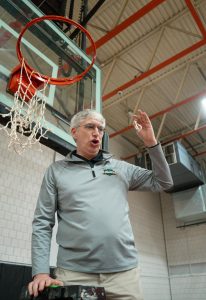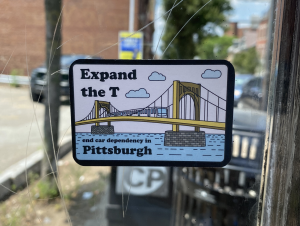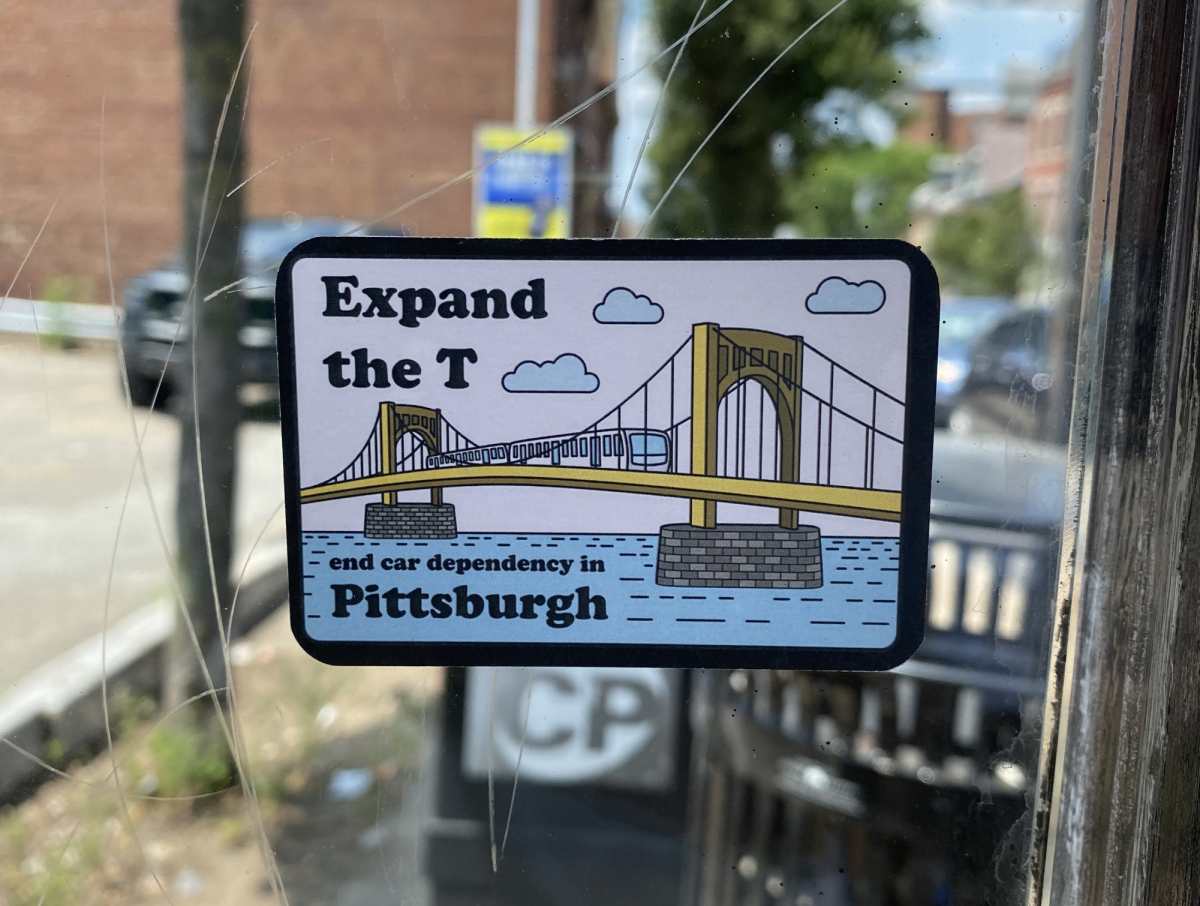
I’m a night person. I always have been. I remember telling my mother somewhere around the age of six that I was a night owl. I probably didn’t have much of an idea of what that even meant at that point in my life, but by golly, I knew it just the same, and it was the absolute truth. My mother responded with the usual parent/child dismissiveness – “yes, dear, that’s nice, I am too,” and that was that.
My parents had strict bedtimes for me, and being the “night owl” that I was, I would very frequently find myself forced off to bed long before I ever got sleepy. My parents, free of my annoying presence, would then take this child-free time to play cards and listen to Judas Priest and Black Sabbath and the like – all the music they wouldn’t listen to while I was awake – and have a beer and be, well, adults.
All the while, I lay awake on the other side of the wall, absorbing the rhythms and quietly whisper-singing my own rockin’ versions of “Living After Midnight” and “Breaking the Law,” while imagining myself in a music video – because I rock like that.
At that point in my life, my parents were my alarm clock, so I don’t know how late I stayed awake every night when I should have been sleeping. I honestly don’t remember ever once going to bed and actually going directly to sleep. Apparently, studies show, I’m not alone.
As kids enter into adolescence, their internal clocks shift to about two hours later than they were in their pre-teens. Where they once bounced out of bed at the first ray of sunshine in their windows, they now roll over and go back to sleep. Kids need 8.5 to 9.5 hours of sleep each night because their bodies are hardwired to fall asleep later and wake up later. Most adolescents find it difficult to fall asleep before 11 p.m. Since many schools begin around 7:30 a.m., this means that students aren’t getting enough sleep between the time they finally drift off to the time they have to wake up.
According to the Centers for Disease Control and Prevention, as many as 40 percent of high school students aren’t getting enough sleep. This puts them more at risk for depression, obesity, and a host of other illnesses. It also impacts their memory, their concentration and their reasoning capabilities.
Public schools in Chicago discovered that when students studied core curriculum subjects later in the day, they had higher annual standardized test scores.
The University of Minnesota studied eight different public high schools and found that when school started later, students had both better grades and lower rates of tardiness.
Perhaps more importantly than their attendance and test scores, starting school later has, in several school districts, saved lives. Student-related accidents in two Minnesota school districts dropped as much as 70 percent after a change in school hours – a dramatic decrease.
Still, some administrators don’t like hearing the facts that researchers – the actual scholars, mind you – have uncovered.
“From a public school point of view, the easier fix might be to try to campaign with parents to get their adolescents to bed earlier at night,” said Superintendent John Reinhart of Easton Area School District in Northampton County. Reinhart apparently can’t read, or maybe he needs more sleep himself to be able to process the fact that older students are physically incapable of falling asleep earlier.
School districts who have pushed start times back have seen the aforementioned benefits evident in their own students – in their health, their moods, their attendance and their grades. The research supports later start times for older kids. Shuffling schedules for an entire school district isn’t easy, I’m sure, but the evidence shows that it’s well worth it.
Fast-forward a few decades. I am, undoubtedly, still that same night owl. I have shuffled my work and school schedules so that I am seldom awake before noon. When I wake up, I feel refreshed, and I can think and function on an above-zombie level.
Knowing how much better being able to sleep on my own body’s natural schedule makes me feel, I’m throwing in my two cents on the high school start time debate. Since kids aren’t going to be able to sleep if you send them to bed early anyway, just let them stay up and rock.









